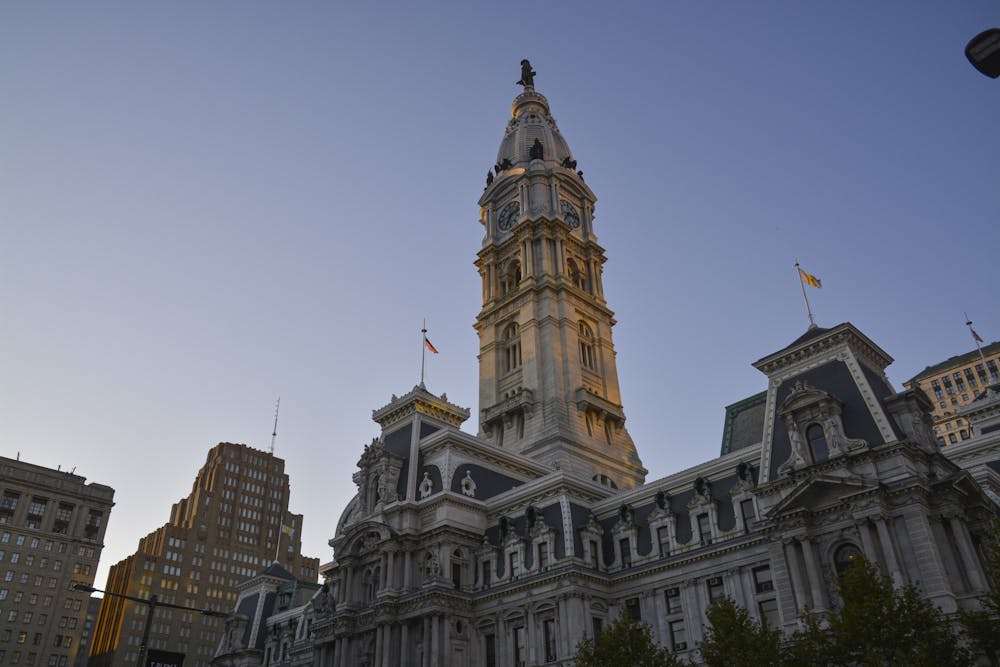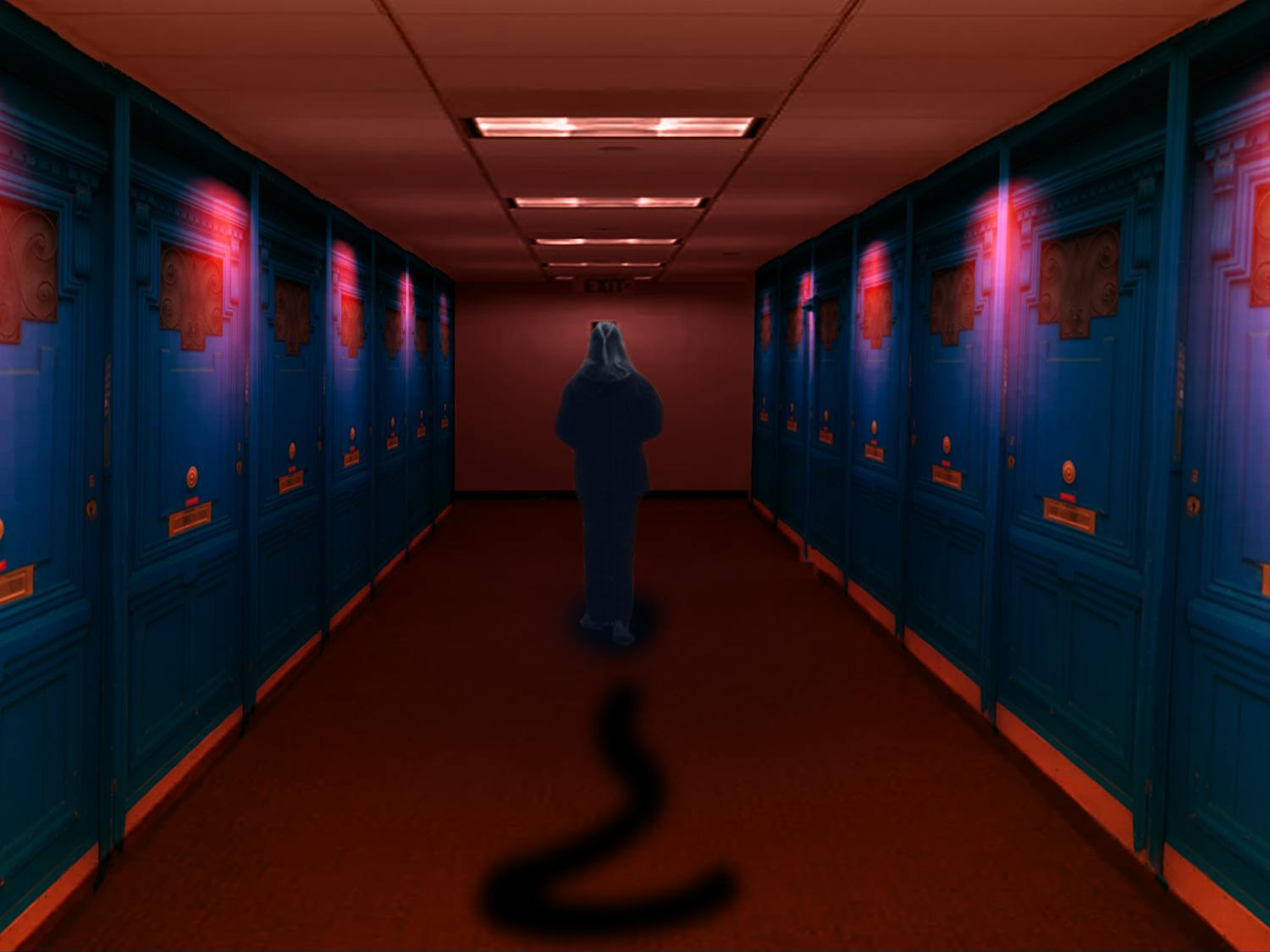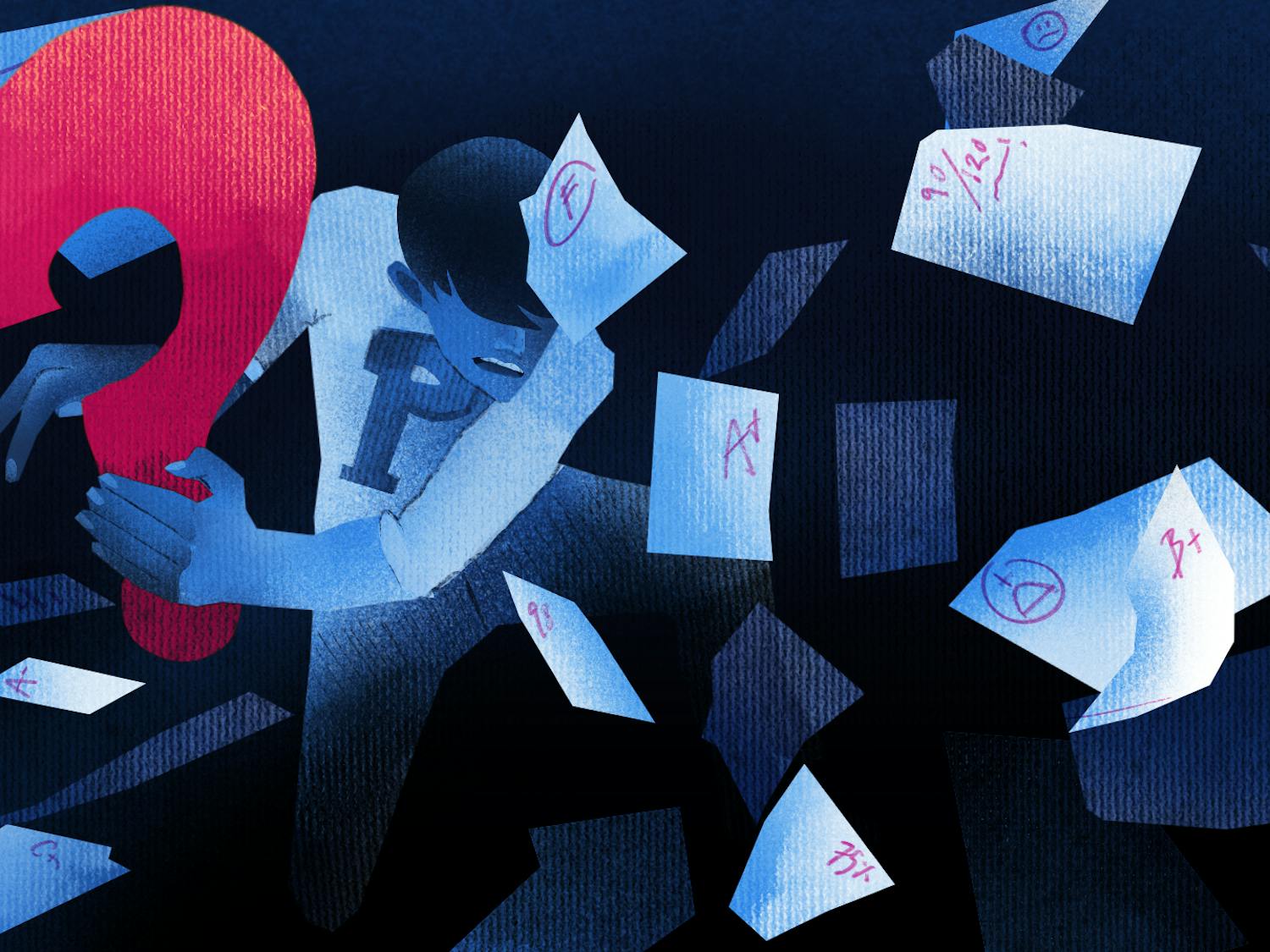I often thought that Philadelphia should be grateful to host the University of Pennsylvania, given its prestige; however, I now realize that the University of Pennsylvania is lucky to be located in Philadelphia.
Most college students do not think much about the city in which their campus is located, yet Philadelphia leaves a mark on the University of Pennsylvania and its students. Growing up in Yemen, I was taught that preserving the past is the ultimate goal of education. Educators teach students that any innovation (read: deviation) from tradition is either discouraged or prohibited. Thinkers of the past are considered better because the quality of thoughts degenerates as time passes on. A good student in Islamic schools in Yemen preserves the corpus of tradition and does not deviate from it.
However, innovation in America is treated as the way to move forward; it is the litmus test of high-quality education. Although there is much pressure for students to innovate and break new grounds, tradition is important in America, too. Innovation itself is measured from the lenses of the past. For example, Philadelphia reminds students of the importance of history in shaping the present conditions, while the University of Pennsylvania provides them with a chance of transforming the present into a promising future.
Even so, when I was admitted to Penn as an international student from Yemen, I had never heard of Philadelphia. I was simply excited to attend the University. Living in Philadelphia for the past two years, even overshadowed by the pandemic, I have fallen in love with the city.
The University of Pennsylvania is an elite school that attracts students from around the world. What better place for an elite university than a city that is shaped by its character and seminal role in American history? The forefathers of the Constitution — John Adams and Benjamin Franklin — lived, studied, and worked in Philadelphia. Betsy Ross sewed the American flag in Philadelphia. Neither Harvard nor Princeton sit steps away from the Liberty Bell, a symbol of American democracy, and Independence Hall, where the concept of democracy passed its first real test as George Washington handed over the reins of power to John Adams.
Philadelphia has a strong historical presence uniquely intertwined with the new. Reading Terminal Market, one of America’s oldest markets, shares space with Franklin Square’s mini golf. Philadelphia is home to the storied Franklin Institute and the play-based Please Touch Museum. Visitors come from around the world to see Longwood Gardens and the Rivers Casino.
Americans may take their democracy for granted these days, but as an immigrant in this country, I am aware of the danger that lurks behind any functioning system. Perhaps the crack in the Liberty Bell should serve as a more potent warning to American citizens about the peril this country faces in the coming months and years.
In Yemen, we are mired in the old and struggle to move into the 21st century; in America, we look to the future and struggle to hold on to the best of the past. Penn students, as they reimagine the future through their academic studies, will benefit from exploring the history of Philadelphia.
Immigrating from Yemen to the United States to pursue higher education, Abdulrahman Bindamnan is a 2022 Penn Graduated School of Education graduate with an M.S.Ed. in International Educational Development. His email address is ambin@alumni.upenn.edu.









